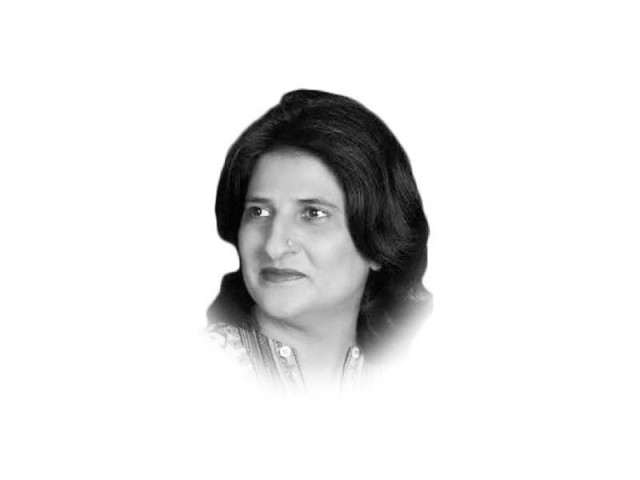Diverging alliances in a polarised geopolitical landscape
Western capitals continue their tradition of giving India the benefit of the doubt of being a perpetual ally.

On December 19, 2024, the US imposed sanctions on four entities and three vessels involved in the trade of Iranian petroleum and petrochemicals, including India-based Atlantic Navigation OPC Private Ltd.
In their attempts to crumble their adversaries, Western capitals have been unsuccessfully pushing India not to buy Russian and Iranian crude oil, especially since the beginning of the Ukraine war. Nonetheless, India took advantage of being a 'net security provider' of the West in the Asia-Pacific. Western media accused India of indirectly aiding Russia against Ukraine but India rejected the allegations. Indian's External Affairs Minister Dr S Jaishankar stated that his country's reliance on oil imports for energy security gave little room to have "the luxury of deciding on which oil supply was moral and which was not". However, India is buying oil from even Iran, yet another adversary of the Western Empire despite Washington's objections.
Western capitals continue their tradition of giving India the benefit of the doubt of being a perpetual ally. The current geopolitical posturing of India is quite embarrassing for Washington and Brussels, with the Western media now raising questions about the choice of the West to opt for New Delhi as a reliable partner despite its disregard of their interests. India, on the other hand, considers this a success of its foreign policy, which involves simultaneously sailing on multiple boats. Is there any grey area left to play in today's geopolitical situation where one can flout Western sanctions and, even then, be a reliable partner of the West? This begs the question whether it is feasible to have multiple conflicting alliances with followers of the two opposing models that are uni- and multi-polarity. I believe there is no such grey area left and India will have to explicitly articulate its leaning towards one or the other side. No matter how much Jaishankar rhetorically emphasises being a neutral partner, the ground realities state the otherwise.
In comparison, Islamabad has always sided with the West on a need-based arrangement, besides categorically positioning itself as a close friend of China. This positional clarity left no room for any further Western maneuverability. A part of the Western 'War against Terror' in Afghanistan though, Pakistan was outright betrayed by the West with the signing of a secret deal involving Ashraf Ghani, the Taliban and the US. Even after the Taliban takeover of Kabul, the US kept secretly funding the Taliban to pressure Pakistan to tilt back into its sphere of influence just to tackle Iran and China. The current Afghanistan-Pakistan situation can be deciphered with this lens. Pakistan has always openly opposed any geopolitical arrangement that could be harmful to China. It has no dreams of offering services for containing China whereas India does and sells the idea to the West that it is a Western strategic partner to contain China and protect Western interests in the Asia-Pacific. Nevertheless, Indians themselves believe India doesn't operate within a framework of mutual obligation. Ashley Tellis, an American academic of Indian origin, believes India would never involve itself in any US confrontation with China that did not threaten its own security.
John McCarthy, a former Australian diplomat who has earlier served as a High Commissioner to India, insists that the West must have realistic expectations of India and deal with it as it is, "not as we might like it to be". The West should not forget that till the late 80s, New Delhi, by following a non-alignment policy, had been one of the closest allies of the former Soviet Union while Pakistan was instrumental to the West in breaking it, whereas China, at that time, had a bitter relationship with Soviet leadership. There is no doubt that the world is changing fast and there have been many paradigm shifts in the last 40 years. The history of the subcontinent has demonstrated deep-rooted alliances between Russia and India, and Pakistan and China. However, the smoothening of the Sino-Russian relationship is proving to be a catalyst for intra-regional smoothening of relations, and the West has to come to terms with it.














COMMENTS
Comments are moderated and generally will be posted if they are on-topic and not abusive.
For more information, please see our Comments FAQ